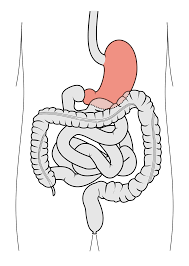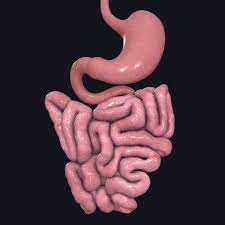Skipping out Sleep? It Could Affect Your Heart Health
- Mar 15, 2022
- 2 min read
“Life’s Simple 7” has now become 8.
In 2010, the American Heart Association published an advisory that defined 7 factors to evaluate a person’s heart health: diet, physical activity, nicotine exposure, weight, cholesterol, blood sugar, and blood pressure. This came as a result of heart disease one of the leading causes of death in the United States, affecting people across sex and ethnic groups.
The AHA recently updated this list to include sleep duration.

The latest research has shown that those who maintain proper sleep schedules can better manage factors such as blood pressure, weight, and risk of diabetes. In addition, an unsuitable duration of sleep, either too little or too much, has been associated with poor mental health and even coronary heart disease. The president of the AHA, Dr. Lloyd-Jones, believes that being able to better measure your sleep (made possible by devices that monitor your statistics overnight) could help people become more aware of their sleep habits.
The AHA recommends that adults should get 7 to 9 hours of sleep, teens should get 8 to 10, and younger children should clock in around 9 to 12 hours every night.
The original AHA guidelines categorized an individual’s levels of the 7 initial components as ideal, intermediate, or poor, but have since been updated to use a scale from 1 to 100 and measure their cardiovascular health by calculating an average of all the factors.
Studies conducted since the advisory’s initial release in 2010 suggest that having ideal cardiovascular health is linked with a longer lifespan and a lower risk of developing conditions such as dementia, kidney disease, and cancer.
The United States population’s cardiovascular health levels are notoriously below the ideal mark, with more than half of people having between low and moderate heart health. This is a result of the prevalence of type 2 diabetes and obesity in the country, as well as overwhelmingly sedentary lifestyles.
According to the AHA, one person in the U.S. dies every 36 seconds from cardiovascular disease, and about 659,000 people die each year. These are alarming figures, but it might not yet be time to worry. Stressing over achieving perfect levels of the 8 ideal components of heart health isn’t necessary to lead a long, healthy life: simply fostering healthy habits - such as implementing a consistent sleep schedule - could do the job.
The moral of the story? Don’t compromise your sleep. Your heart just might thank you for it.




Comments